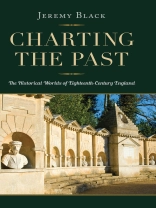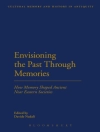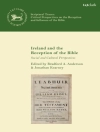Eighteenth-century England was a place of enlightenment and revolution: new ideas abounded in science, politics, transportation, commerce, religion, and the arts. But even as England propelled itself into the future, it was preoccupied with notions of its past. Jeremy Black considers the interaction of history with knowledge and culture in eighteenth-century England and shows how this engagement with the past influenced English historical writing. The past was used as a tool to illustrate the contemporary religious, social, and political debates that shaped the revolutionary advances of the era. Black reveals this ‘present-centered’ historical writing to be so valued and influential in the eighteenth-century that its importance is greatly underappreciated in current considerations of the period. In his customarily vivid and sweeping approach, Black takes readers from print shop to church pew, courtroom to painter’s studio to show how historical writing influenced the era, which in turn gave birth to the modern world.
Tabla de materias
Preface
List of Abbreviations
1. The World of History
2. Purposes, Narratives, Methods
3. A Historical World of Partisan Strife: The Early Eighteenth Century
4. Contrasting Approaches: Burnet and Astell
5. The Unstable Past: Dissenters and History
6. History Suited to Mid-Century Struggle
7. From the New Reign to the Crisis of Empire, 1760-1776
8. Empire as Historical Narrative: Gibbon and the Descent of Civilizations
9. History in the Age of Burke
Conclusions: Bringing the Past into the Present
Selected Further Reading
Index
Sobre el autor
Jeremy Black is Professor of History at the University of Exeter. He is author of many books, including Plotting Power: Strategy in the Eighteenth Century; Clio’s Battles: Historiography in Practice; War and Technology; and Geographies of an Imperial Power: The British World, 1688–1815. Black is a recipient of the Samuel Eliot Morison Prize of the Society for Military History.












